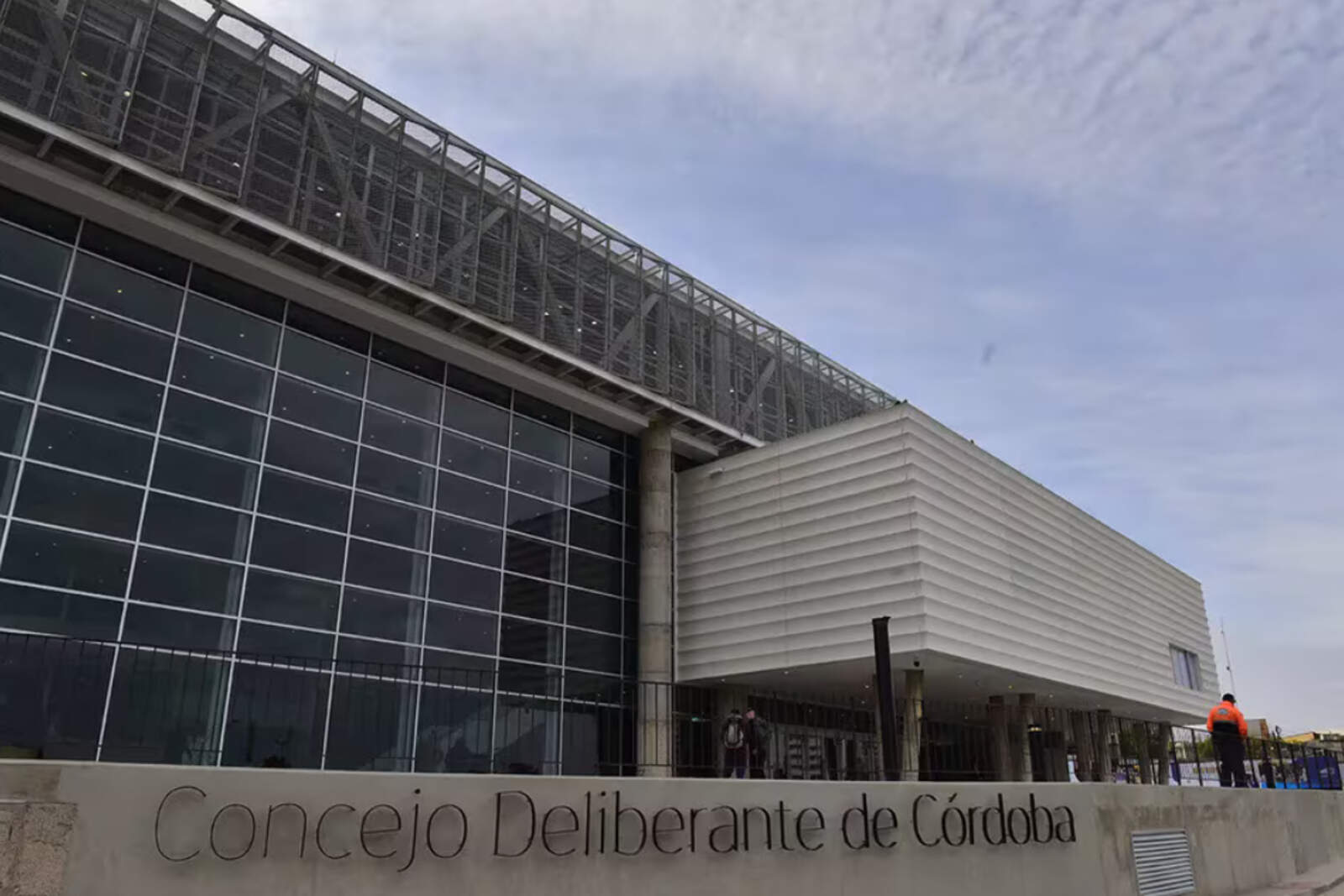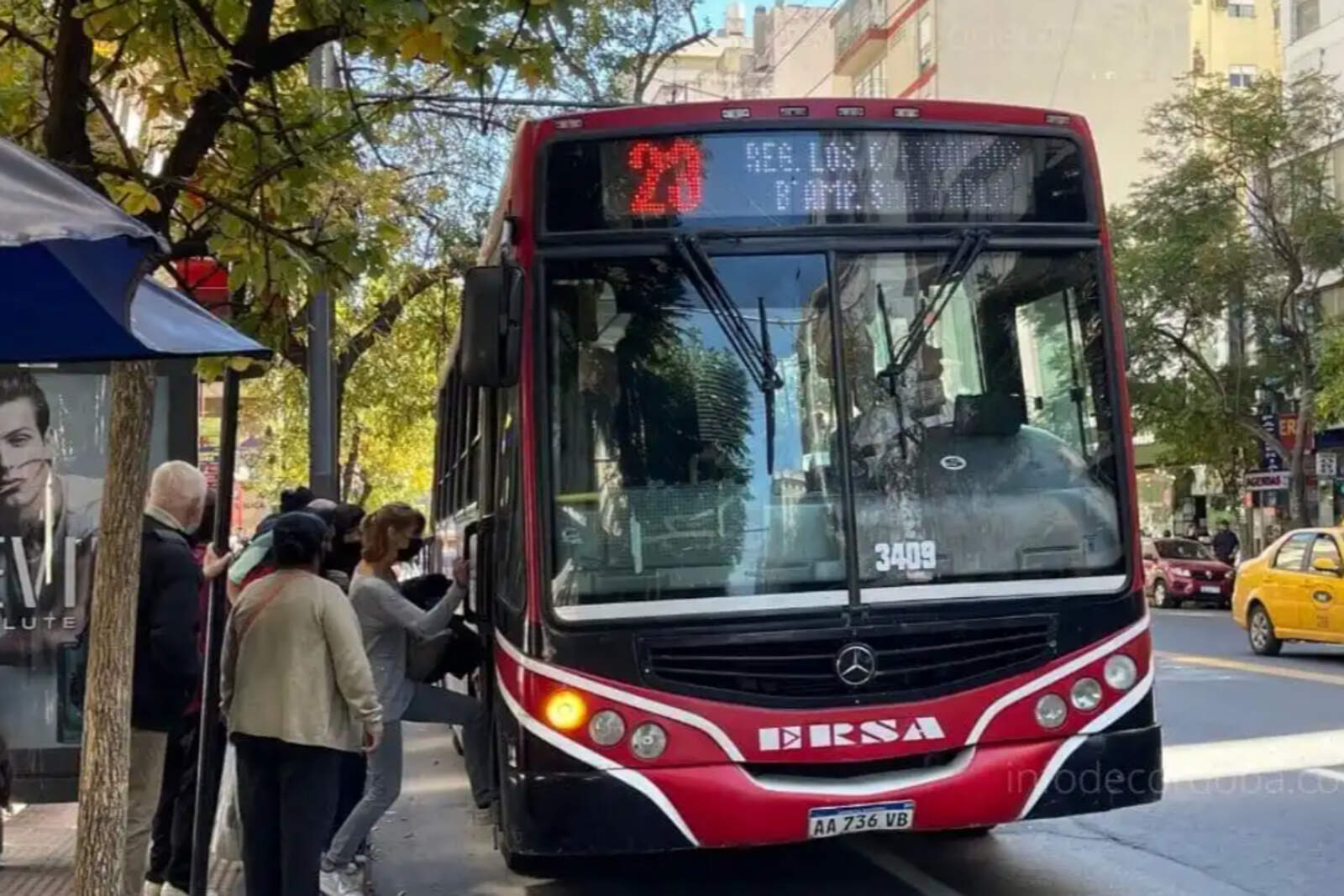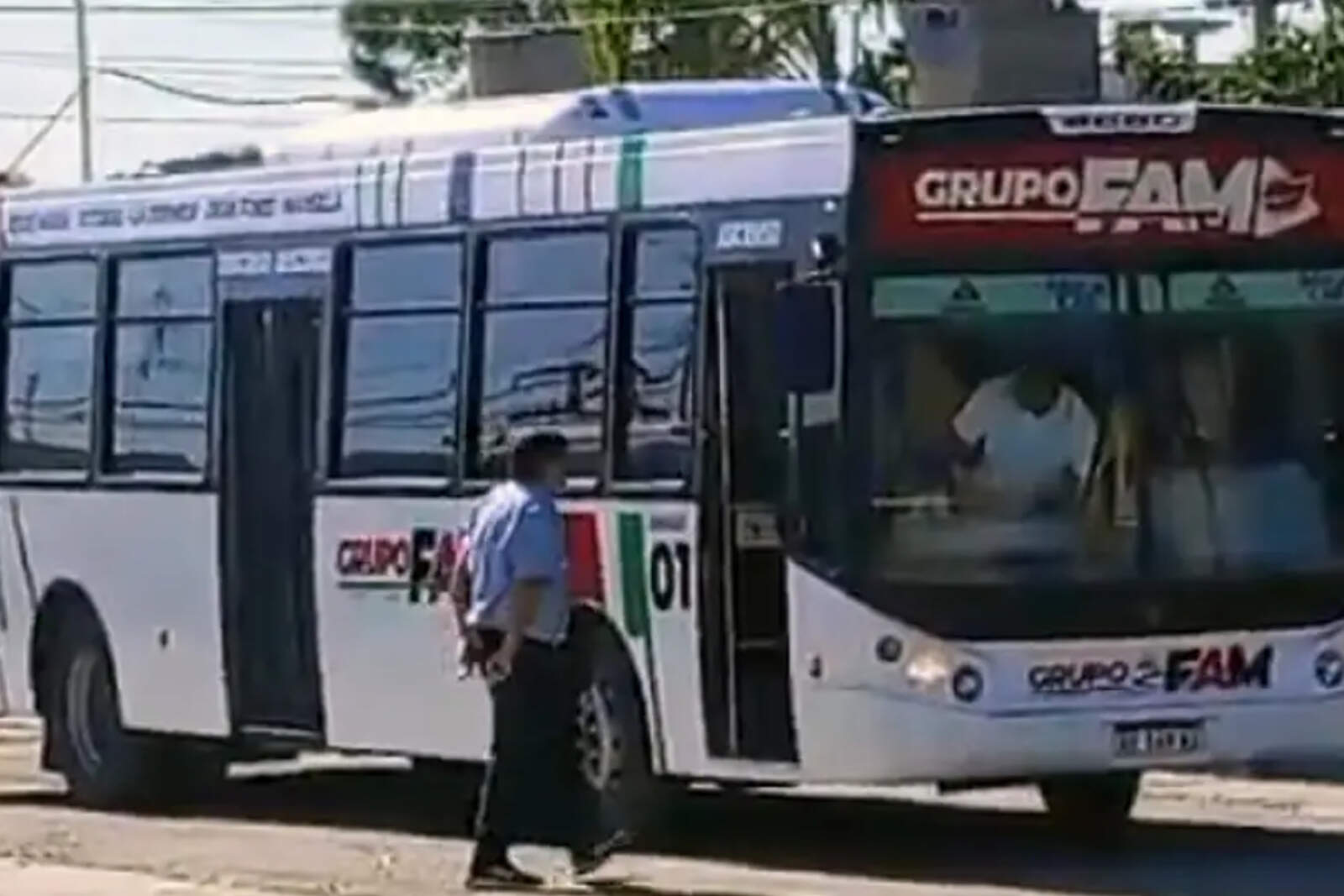The municipal administration expects the City Council of Córdoba to approve the new regulatory framework for urban transportation in July. The project has already been sent to the legislative body and its analysis is progressing in the respective committees. If the timeline is met, the ordinance would be enacted after the winter recess.
The new regime will serve as the legal basis for defining the bidding process expected to be launched between August and September. The objective is to award the new concessions in October and begin operations in March 2026. The ordinance establishes ten-year contracts through national and international public bidding.
According to the Executive, the regulatory framework includes technical and organizational improvements. Routes, vehicle conditions, and user rights are being redefined. A fare formula, contractual requirements, and new oversight mechanisms are also being incorporated.

FAM under scrutiny for its low operational performance
FAM is facing a delicate situation, with delays in the addition of vehicles. So far, it has added 111 used buses, below the projected minimum. The municipality points out that at least 150 vehicles should have been added to meet the agreement.
The operational plan presented by the company is not being satisfactorily fulfilled. Although some indicators have improved, the required level has still not been reached. "These are not new vehicles, but used ones similar to those already in service," explained the Municipality.









